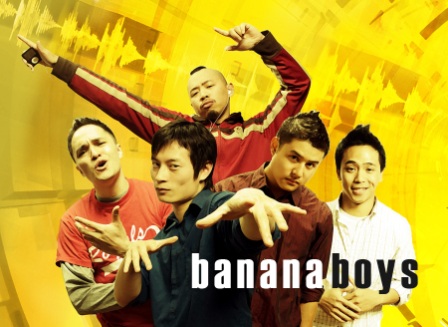 It was sitting in the middle of a packed theatre in downtown Toronto that I noticed racist jokes aren’t just funny to white people.
It was sitting in the middle of a packed theatre in downtown Toronto that I noticed racist jokes aren’t just funny to white people.
Fu-gen, Asian Canadian Theatre Company operating out of Toronto has recently produced some plays that are a bit questionable in their reproduction of East-Asian/Asian-Canadian stereotypes. Brown Balls features three Asian men complaining about their lack of luck with white women while fawning over their technogadgets. Banana Boys is a similar plot, reliant on the effeminizing gaze of white stereotypes of Asian males, the play propping itself up with homophobic jokes/innuendos and failing to speak to any Asian male sense of self-worth, or pride in the beauty of Asian women. As if there isn’t anything else for Asian-Canadians to make plays about.
The crowd around me? 50% Asian males. Howling in laughter. Cheering at the recognition of a common stereotype.
But why?
Some theories on the phenomenon of Asians’ fondness for stereotypes of themselves:
- It’s funny. When we tell the joke, we aren’t only the butt but the comedian (too bad the joke is still on us)
- Being funny is cool (and its not often we think of ourselves as cool)
- Craving for recognition: as poet Ishle Park put it, “Where are our Martins? Our Malcolms? All we have are fathers with thick tongues.” We don’t see ourselves in the popular imagination, pop culture or otherwise. No strong figures we can rally around and be proud of. So when we see something we recognize that other people recognize as Asian, we embrace it as one of our own children (only it wasn’t ours, it was the child of that white kid in the schoolyard who beat us up everyday for being Asian).
- We don’t recognize our strong figures as strong figures, or the things that aren’t the butt of a joke that we have as Asians which we can be proud of.
This is not all bad news, however. Because there seems to be such an absence of the Asian-American/Asian-Canadian persona in popular imagination, this gives us the room to start promoting people who we feel are deserving of this kind of recognition. Right now, we have the power to shape how Asians are seen in North America. We don’t have to take what was given to us.








